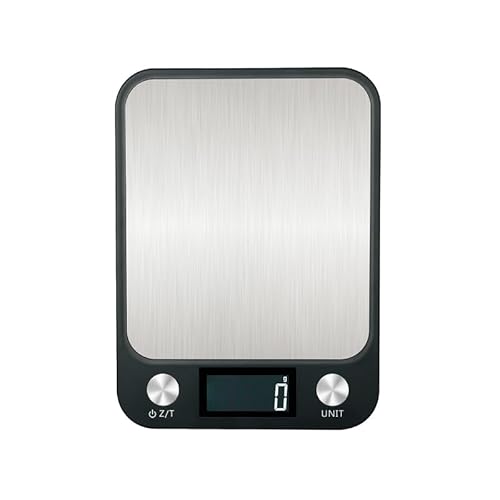As other people have said, you definitely need to do a LOT of reading, learning & experimenting. Your assumption that dead sea salt may be the same as sea salt as one example - it is not - would lead to a not so pleasant experience. There are various types of salts, all with different mineral compositions. This does matter, a lot, as do the amounts used.
In regards to calendula oil, yes, it's stellar for skin, but are you going to make the oil yourself? You need to learn how to do so properly. And what will your base oil be for this? Each base oil has a different saponification value, and different properties when used for plant oil infusions, which further complicates things for someone new.
Soap making is not just a matter of reading a book, picking people's brains & knocking things out of the park right away. This is NOT like baking a batch of brownies from a box mix. You will have utter failures - which can lead to many, many successes depending on how you choose to view them. Even those who have been soaping for decades have batches go sideways, for many reasons.
Take some classes in your local area. Do some hands-on learning. Figure out what works for you in terms of soap ingredients. Learn to use a
lye calculator. If you're interested in healing plants do a great deal of reading in proper books written by people with actual experience & knowledge (blogs are often a

source of information). Likewise soap making blogs. Lots of rubbish information out there interspersed with good info, and being new to soap making, you won't know your arse from a hole in the ground when it comes to this. I see people regurgitating the same erroneous information again & again, whether with plant medicine or soap making or whatever because all they're doing is reading information from other blogs with incorrect information & then repeating it. Learn the difference between synthetic & plant derived colorants & essential oils / fragrance oils (synthetics irritate a lot of people's skin & allergies, headaches & so on, people like me), find out what types of equipment you prefer to use for soap making (molds / mixing vessels / scales / mixing equipment etc to the nth degree).
Be willing to put in the time, the effort, the willingness to experience fugly & less-than-stellar-batches, read forums religiously, post experiences regarding issues you're having to receive feedback & suggestions, make use of the search function to find information, and yes, ask questions.
Ultimately, your soap quality & properties depend on you. Ain't nobody gonna do your learning & experimenting for you, although there are very helpful people here who are happy to assist with what they are able to.












































